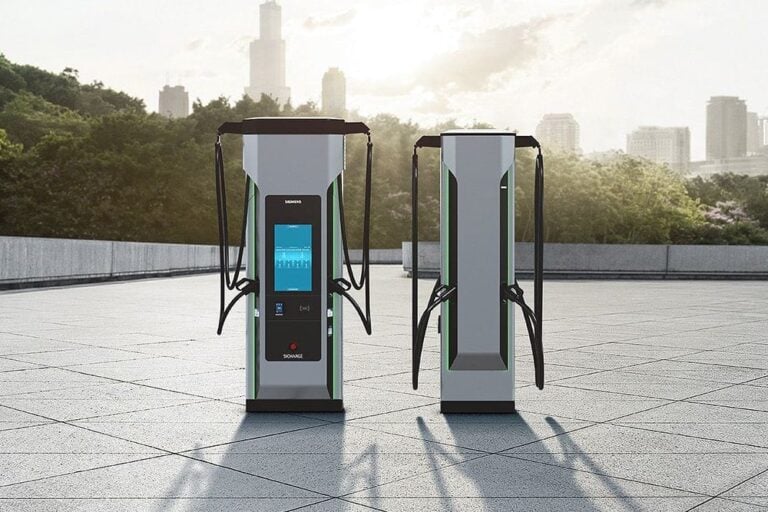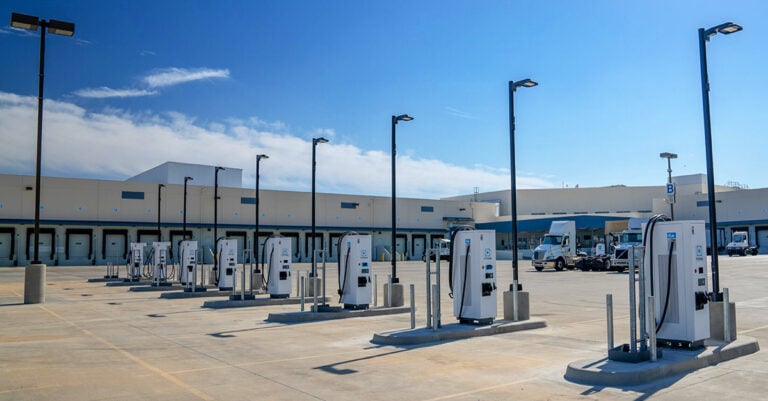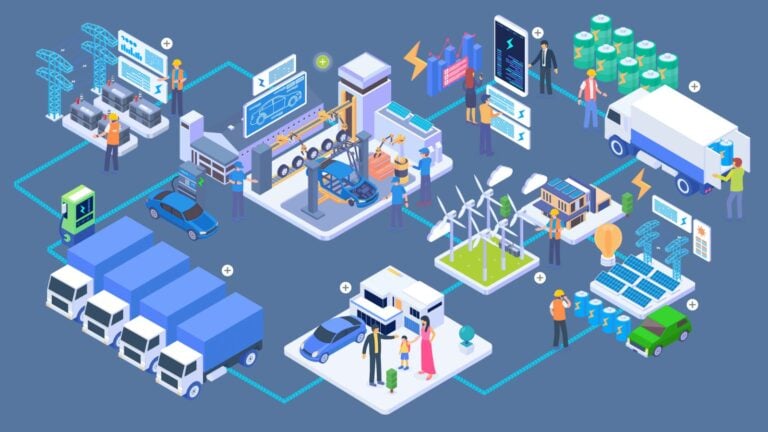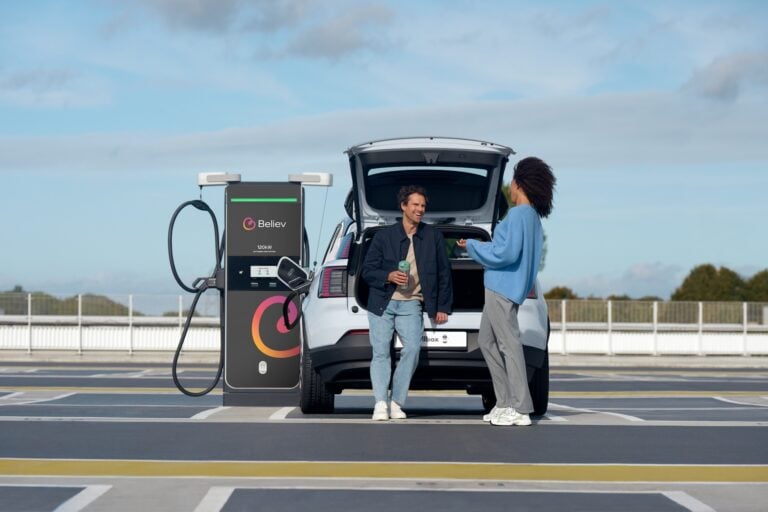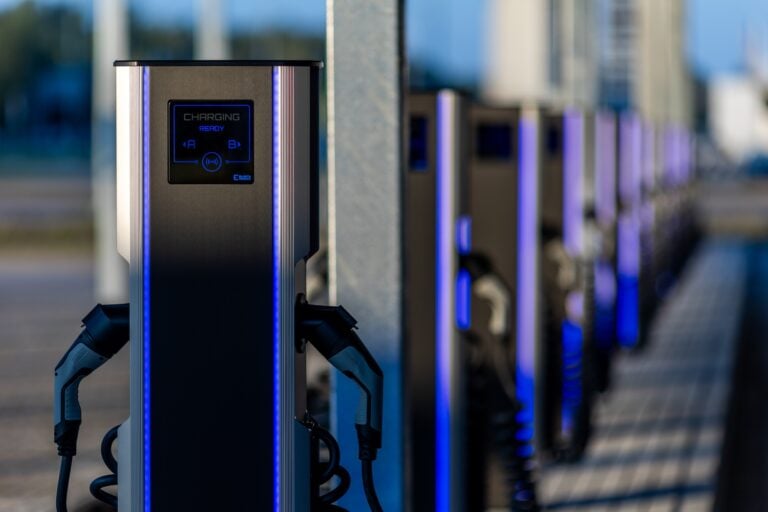Electreon, a leader in wireless electric vehicle (EV) charging technology, has achieved a significant milestone. The company, in collaboration with MAHLE, has developed a wireless positioning methodology, known as the Differential Inductive Positioning System (DIPS). This methodology has been chosen by the SAE International’s Wireless Power Transfer & Alignment Taskforce to be included in the global SAE J2954 standard. This selection marks a pivotal moment in the evolution of EV charging technologies.
Why It Matters
The rise of EVs signals a shift in automotive technology, but the challenge of efficient and convenient charging remains. Traditional plug-in methods are increasingly seen as insufficient for the growing demands of EV drivers. Electreon’s wireless charging technology addresses these concerns, offering quick, safe, and anxiety-free charging. More importantly, by becoming part of the SAE J2954 standard, Electreon’s DIPS sets a unified global benchmark for wireless EV charging. This standardization is a critical step toward enhancing interoperable and automated charging infrastructure, potentially revolutionizing the EV market.
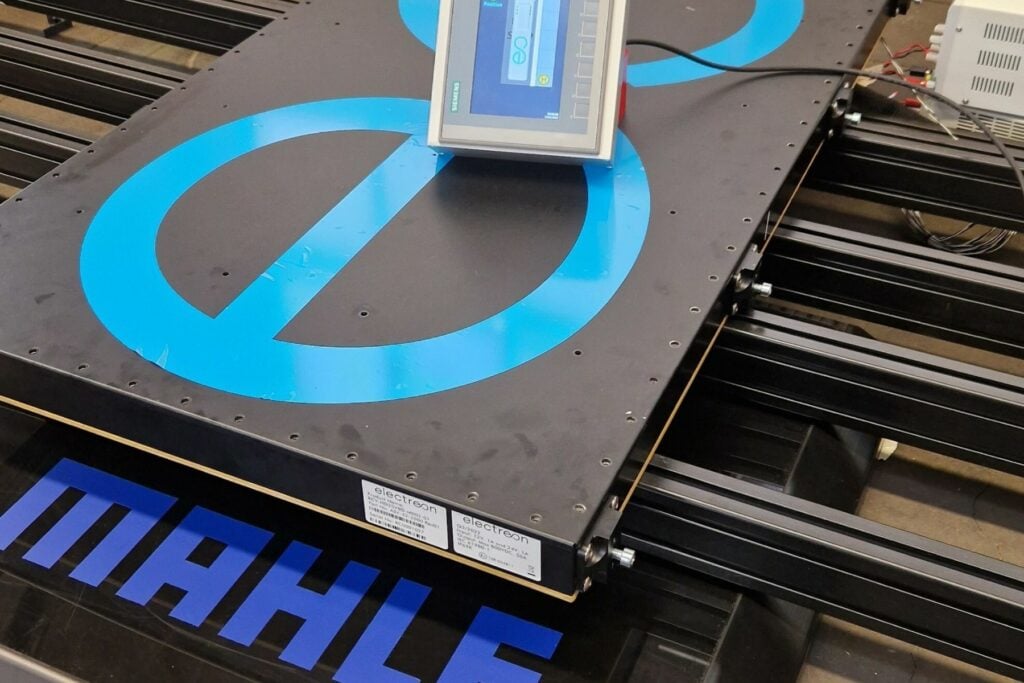
Key Points
- Electreon and MAHLE’s DIPS is now the standardized methodology for wireless EV charging in the SAE J2954 standard.
- The technology facilitates efficient wireless charging through coils embedded in roads and parking areas.
- DIPS uses a magnetic field for precise alignment between the ground assembly and the vehicle assembly.
- The updated SAE J2954 standard, including DIPS, is expected to be published in 2024.
- Electreon has extensive experience with operational wireless charging projects across several countries, demonstrating the viability of its technology.
Bottom Line
The inclusion of Electreon’s DIPS in the SAE J2954 standard represents a major leap forward in wireless EV charging technology. It not only affirms the company’s leadership in the industry but also catalyzes the transition towards more sustainable and efficient EV charging solutions globally. This development is poised to address key challenges in EV adoption and set the course for future innovations in the field.



